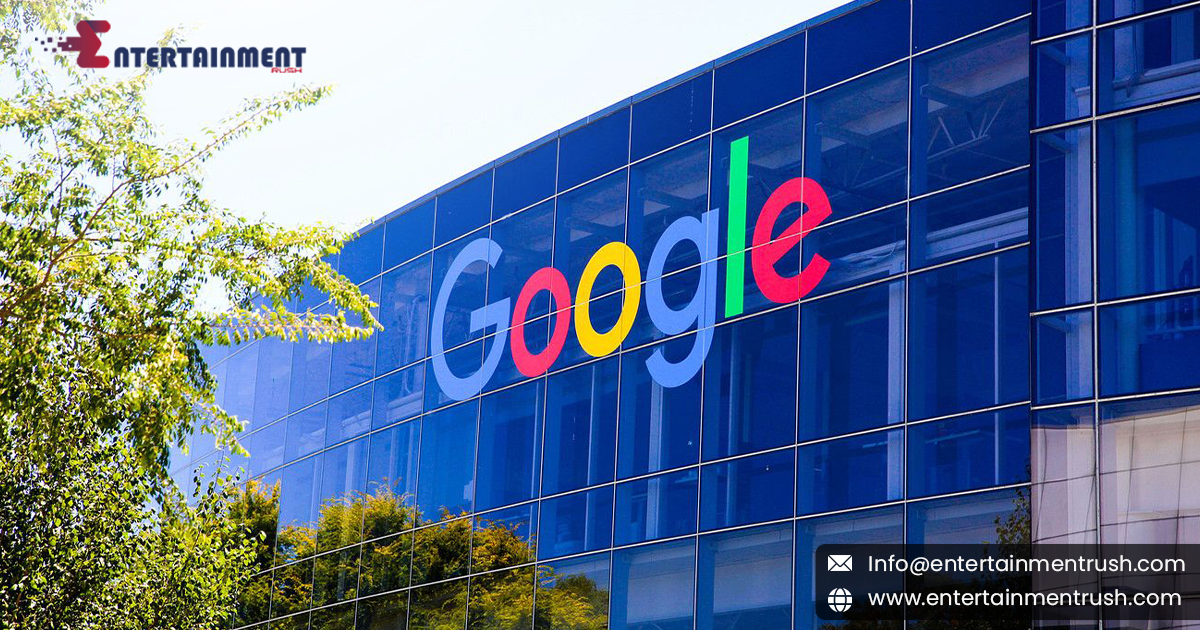The issue of monopolistic power in the technology sector has been a growing concern for policymakers and regulators alike. Recently, the U.S. considers breaking up Google to address search monopoly has emerged as a significant topic of debate. This blog delves into the motivations behind this consideration, the potential impacts of such a move, and the broader implications for the tech industry and consumers.
The Rise of Google’s Dominance
Google’s dominance in the search engine market is well-documented. Since its inception, Google has grown to control over 90% of the global search market. This unparalleled dominance has raised questions about the implications for competition, innovation, and consumer choice. Critics argue that Google’s monopolistic power not only stifles competition but also enables the company to exert undue influence over the information that users access.
Regulatory Concerns and Investigations
The concerns about Google’s market dominance have not gone unnoticed. Various regulatory bodies, including the U.S. Department of Justice (DOJ) and the Federal Trade Commission (FTC), have investigated Google’s practices to determine whether the company’s size and market control constitute anti-competitive behavior. These investigations have highlighted several issues, including Google’s preferential treatment of its own services in search results and the acquisition of potential competitors.
The Consideration of Breaking Up Google
The U.S. considers breaking up Google to address search monopoly is a significant development in the ongoing efforts to regulate Big Tech. Breaking up Google could involve separating its search engine business from its other operations, such as its advertising division and cloud services. Proponents of this approach argue that such a move could enhance competition, foster innovation, and provide consumers with more choices.
The idea of breaking up Google echoes past antitrust actions taken against monopolistic entities, such as the breakup of AT&T in the 1980s. Supporters believe that by dismantling Google’s search monopoly, it would level the playing field for other search engines and technology companies, encouraging a more competitive and diverse digital marketplace.
Potential Impacts and Challenges
While breaking up Google could potentially address some competitive concerns, it also presents a range of challenges and potential consequences. One major concern is the complexity of unwinding such a large and integrated company. Google’s various business units are deeply interconnected, and separating them could lead to significant operational and logistical difficulties.
Additionally, there is debate about whether breaking up Google would truly result in a more competitive market. Some experts argue that the core issue lies not in Google’s size but in the broader market dynamics and regulatory frameworks. Without addressing these underlying issues, breaking up Google might not fully resolve the competitive imbalance or the concerns about market power.
Broader Implications for the Tech Industry
The consideration of breaking up Google is part of a larger conversation about the regulation of Big Tech companies. This debate touches on various aspects of technology and business practices, including data privacy, market concentration, and the role of technology in society. Any action taken against Google could set a precedent for how other tech giants are regulated and could influence future policy decisions. the conversation around breaking up Google reflects broader concerns about the influence of large technology companies on various facets of life, from the economy to public discourse. It underscores the need for ongoing scrutiny and adaptation of regulatory approaches to address the rapidly evolving tech landscape.
The U.S. considers breaking up Google to address search monopoly represents a critical juncture in the ongoing battle over Big Tech regulation. As authorities explore potential solutions to Google’s dominance in the search market, the implications for competition, innovation, and consumer choice are significant. While breaking up Google could potentially enhance market dynamics and provide more opportunities for competitors, it also poses complex challenges and raises broader questions about the future of tech regulation. The outcome of this consideration will likely shape the landscape of the technology industry and set important precedents for how monopolistic practices are addressed in the digital age.




Leave feedback about this